Question And Answer
Publications
Articles, publications, books, tools and multimedia features from the U.S. Institute of Peace provide the latest news, analysis, research findings, practitioner guides and reports, all related to the conflict zones and issues that are at the center of the Institute’s work to prevent and reduce violent conflict.
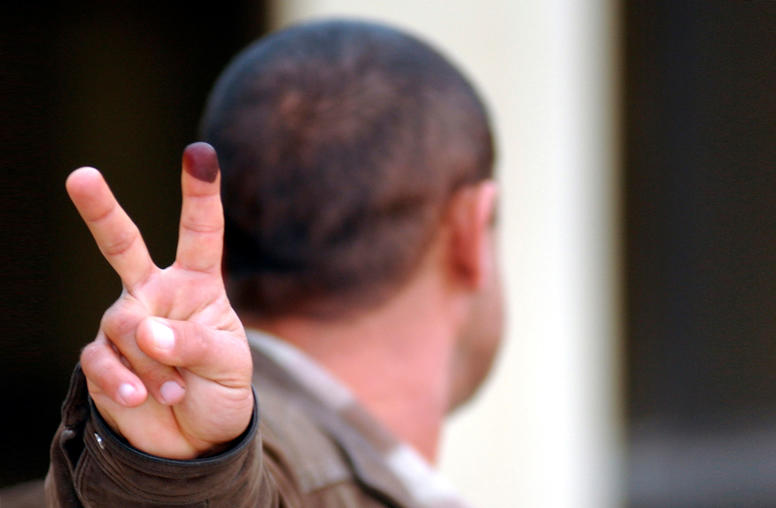
Iraq’s Election Takes a Tone That’s Hopeful for Democracy
As Iraq prepares to vote on May 12, the public debate has been just a bit unusual. Following the country’s war against the Islamic State extremists, candidates are seeking votes with appeals across sectarian lines and more discussion of issues than in any other election campaign. This change is incremental but is one of several that make this a moment to step back and measure Iraq’s evolution since the 2003 U.S.-led invasion. Despite what Iraqis have suffered over 15 years—or perhaps because of it—the will to democratize is alive and growing. A real meaning of these elections is this: If the United States and the international community can sustain their engagement, Iraq has a chance to stabilize, and to turn back the inevitable future attempts to revive extremist violence.
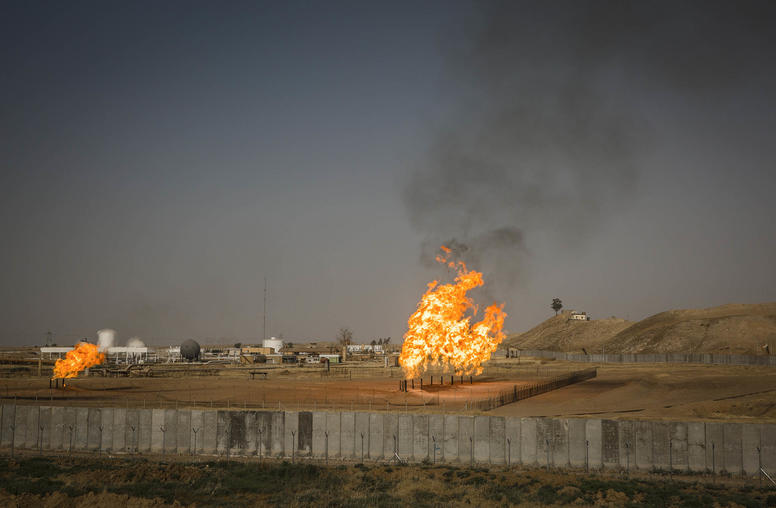
Kurdistan Region’s Debt Crisis Threatens Iraq’s Economy
As Iraq’s parliamentary elections approach this weekend, destabilizing disputes with the Kurdistan Region remain unresolved. Perhaps the most intractable, and least discussed, is how to address the insolvency of the semi-autonomous Kurdistan Regional Government (KRG). It’s a simmering crisis that threatens Iraq’s economic future and political unity, and one that the central government needs to step up and help defuse.
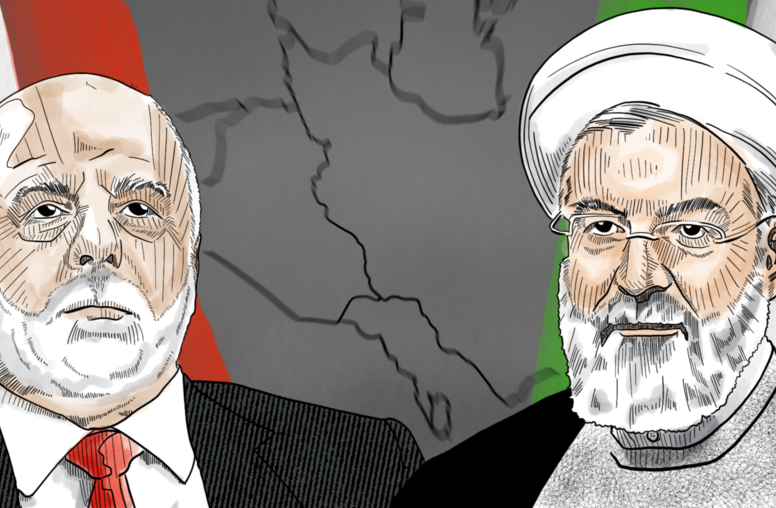
As Iraq Prepares for Elections, Iran's Influence Looms Large
Tehran’s interventions in conflicts throughout the Middle East have become a particular point of contention for detractors of the Iran Deal, which placed constraints on the country's nuclear program without addressing its role in Syria, Yemen, and across the region. There is no place Iranian influence has played a more conspicuous role than in neighboring Iraq.

Mike Yaffe on Iraq and Syria Event
Following USIP’s event “Iraq and Syria: Views from the U.S. Administration, Military Leaders and the Region,” Mike Yaffe provides key takeaways from the panel featuring CENTCOM Commander General Votel, USAID Administrator Green, and Special Presidential Envoy for the Global Coalition to Defeat ISIS McGurk. "Iraq and Syria are complex and starkly different from one another," says Yaffe, "but the key goals are the same: concentrate on defeating ISIS and work by, with, and through local people to stabilize each country."
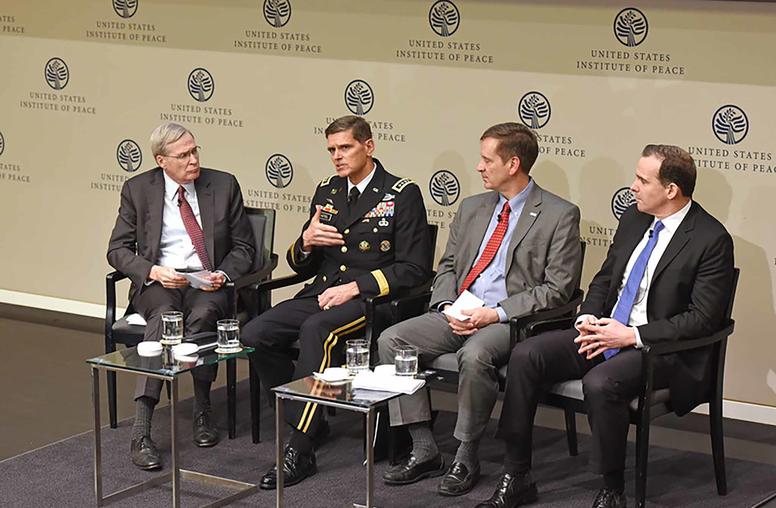
Tilting Iraq and Syria Toward Stability—and Away From ISIS
With last year’s military rollback of the ISIS-declared caliphate, U.S. security and Middle Eastern stability require some way to establish governance in Iraq and Syria that meets the needs of their peoples, according to U.S. administration and military leaders, Iraqi officials and regional experts speaking on April 3 at USIP. During a day-long examination of strategy to stabilize the region and prevent a revival of ISIS, U.S. special presidential envoy Brett McGurk said President Trump’s March 30 order to freeze spending on post-combat recovery efforts in Syria “is not hampering our work in the field.”

Nancy Lindborg on the State of Play in Iraq
Just days after returning from Iraq, Nancy Lindborg shares her impression of the improved landscape in Iraq after ISIS’ brutal occupation. Lindborg describes the unifying sense of Iraqi pride following ISIS’s ouster, but she cautions that if the government fails to become more inclusive and accountable, Iraq could fall back into a highly sectarian environment.
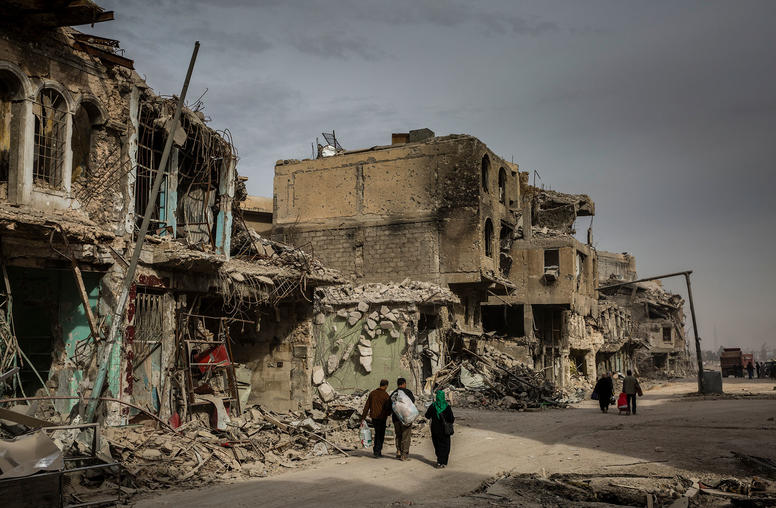
To Stabilize Iraq After ISIS, Help Iraqis Reconcile
An international conference opens in Kuwait Monday to plan ways to rebuild Iraq and secure it against renewed extremist violence following the three-year war against ISIS. A USIP team just spent nine days in Iraq for talks with government and civil society leaders, part of the Institute’s years-long effort to help the country stabilize. The Kuwait conference will gather government, business and civil society leaders to consider a reconstruction that Iraq has said could cost $100 billion. USIP’s president, Nancy Lindborg, and Middle East program director, Sarhang Hamasaeed, say any realistic rebuilding plan must focus also on the divisions and grievances in Iraq that led to ISIS’ violence and that still exist.
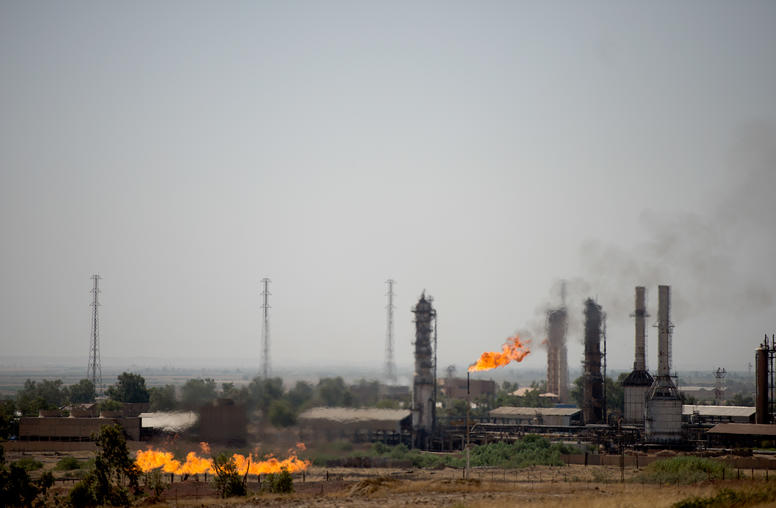
Kurdistan and Baghdad: A Tangled Web Over Oil and Budgets
The economy of Iraq’s semi-autonomous Kurdistan Region is on the brink of collapse; only the central government in Baghdad can stop an economic free fall that’s already damaging the broader Iraqi economy. While a rapid, negotiated solution to this crisis is essential to stabilize and unify Iraq—and reassure investors needed for post-ISIS reconstruction—a host of complex issues over oil and the national budget stand in the way.
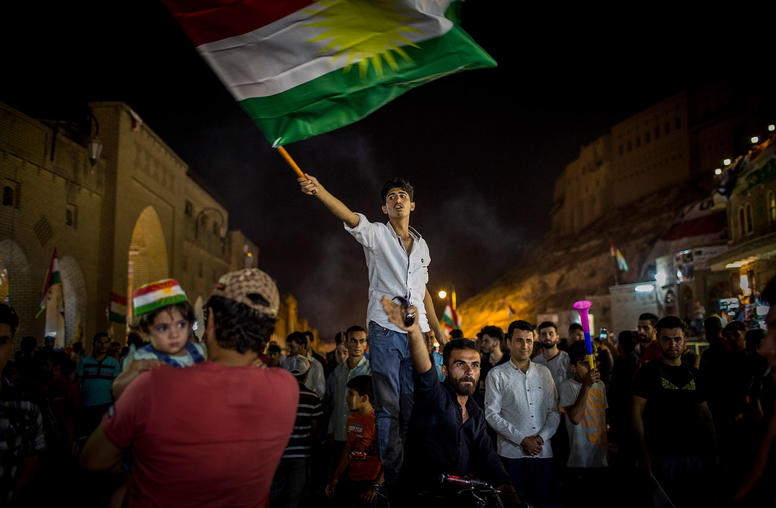
Iraq’s Impasse with Kurds Puts Post-ISIS Stabilization at Risk
The impasse between Iraq’s central government and its Kurdistan Region is building into an economic problem, and both sides need to quickly find a way to negotiate a solution. While political conflict between the authorities in Baghdad and the regional capital of Erbil has been quieter since Iraqi troops ousted Kurdish forces from disputed territories in October, the Kurdish region’s economy is unraveling, with risks for both sides.
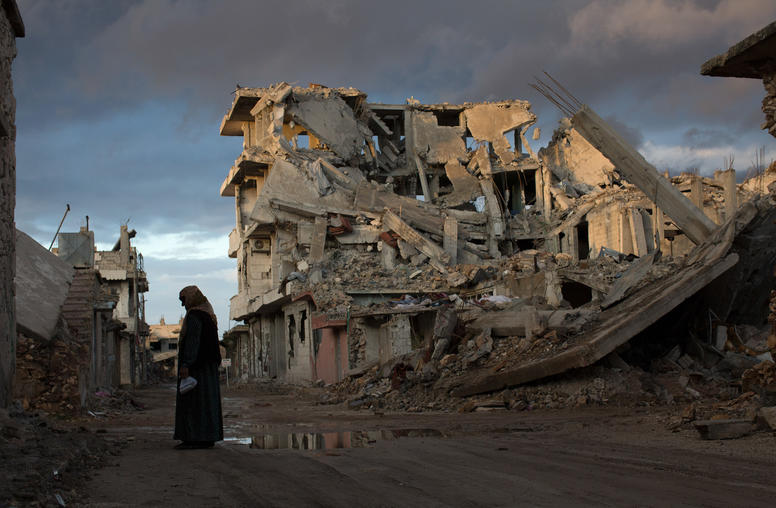
The Middle East: Divided, Dysfunctional
Even before President Donald Trump upended a core U.S. policy recognizing Jerusalem as Israel’s capital, late 2017 has been tumultuous in the Middle East. The Islamic State (ISIS) “caliphate” collapsed. Syria’s Assad regime all but won the six-year civil war, consolidating Iranian and Russian influence. Saudi Arabia purged...